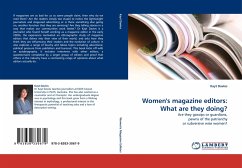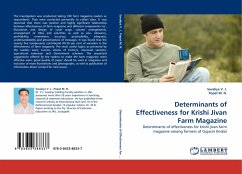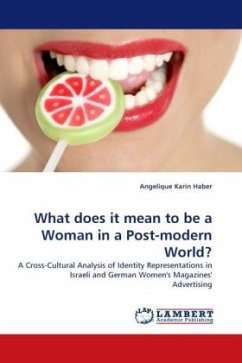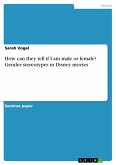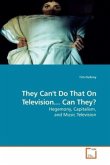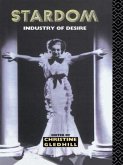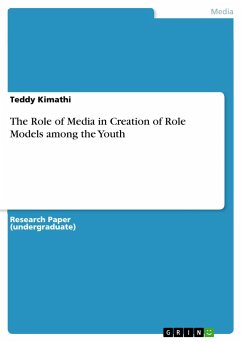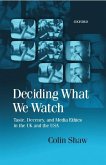If magazines are as bad for us as some people claim, then why do we read them? Are the readers simply too stupid to notice the lightweight journalism and disguised advertising or is there something else going on, another function that they are servicing? Are they telling stories in a way that makes our communities work better? Dr Kayt Davies is a journalist who found herself working as a magazine editor in the early 2000s, the experience motivated an ethnographic study of magazine editors that delves into their view of their world, and asks how they think they are influencing their readers and the evolution of culture. It also explores a range of touchy and taboo topics including advertorial, political pressure from publishers and burnout. This book kicks off with an autobiography. It includes interviews with other editors, a questionnaire completed by a larger group of editors and proof that others in the industry have a contrasting range of opinions about what editors actually do.
Bitte wählen Sie Ihr Anliegen aus.
Rechnungen
Retourenschein anfordern
Bestellstatus
Storno

